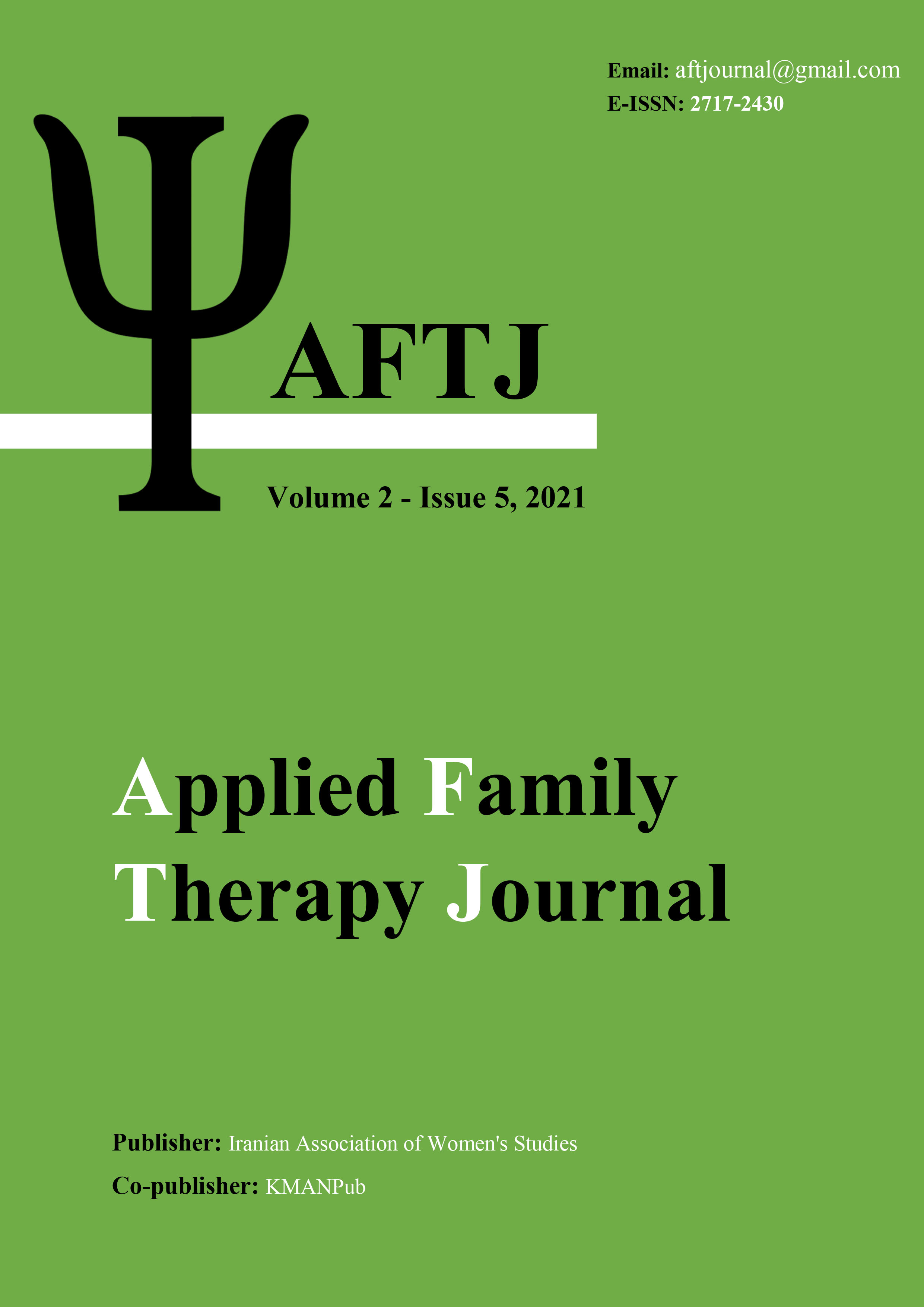The effectiveness of reality therapy on the experience of grief and psychological resilience among the families of the deceased of Coronavirus
Keywords:
Reality Therapy, Grief Experience, Psychological Resilience, Coronavirus SurvivorsAbstract
Aim: This study aimed to determine the effectiveness of reality therapy on the experience of grief and psychological resilience among the families of the deceased of Coronavirus. Methods: The present study was quasi-experimental with a pretest-posttest design and follow-up stage and a control group. The statistical population included the families of deceased of Coronavirus in Rasht. The convenience sampling method was used to select 30 people, and they were randomly assigned to the experimental group (15 people) and control group (15 people). The research tools included the standard grief experience questionnaire by Bailey, Dunham, and Crawl (2000) and the cognitive flexibility questionnaire of Dennis and Vander Wal, and Jillon) 2010(. The participants of the experimental group received the Reality Therapy Package of Glasser (2008) in eight sessions, and each one lasted 90-minute, but the control group did not receive any training. The data were analyzed using repeated measures variance. Results: The results indicated that reality therapy intervention was effective on the experience of grief (F = 17.62, P = 0.001) and psychological resilience (F = 15.12, P = 0.001). Also, this effect was stable in the follow-up stage. Conclusion: ETA square displays that grouping explains 49.9% of the difference between the scores of grief experience and psychological resilience in the experimental and control groups. The results indicated that reality therapy was effective in reducing the experience of grief and improving psychological resilience.
Downloads
Downloads
Published
Issue
Section
License

This work is licensed under a Creative Commons Attribution-NonCommercial 4.0 International License.





















